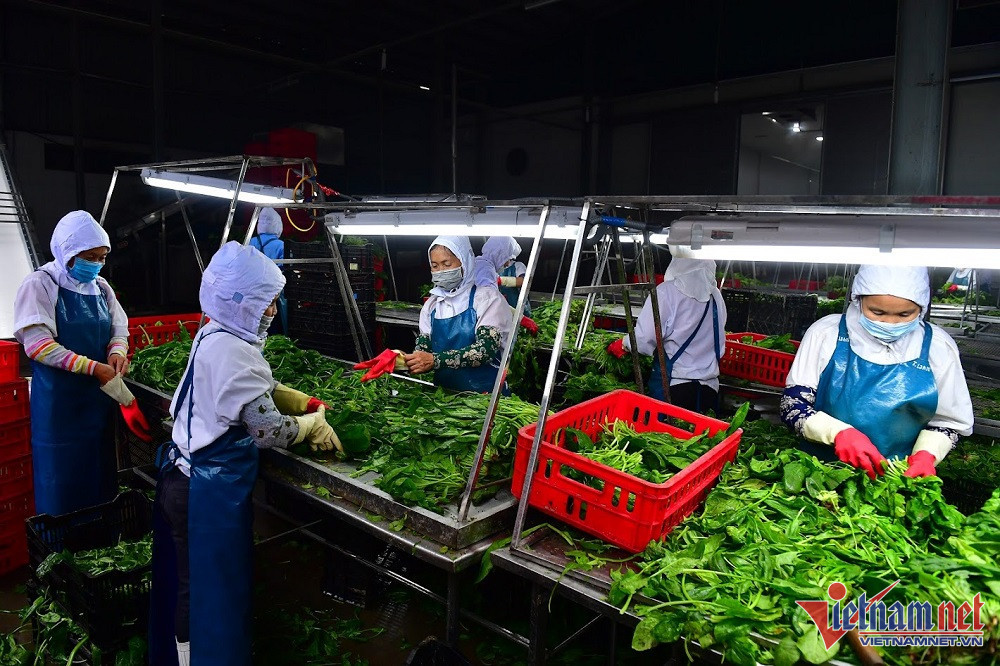
Nguyen Thi Thanh Thuy, president of the Mother’s Club Forum, said she has been to 42 cities/provinces to learn about vegetable growing areas advertised as meeting VietGAP standards.
She said food safety is a big concern of families. The problem has been left unsolved over many years. Counterfeit VietGAP vegetables sold at supermarkets were discovered by local newspapers recently.
When visiting growing areas with VietGAP certificates, Thuy realized that the certificate was granted once and is valid forever, without re-control.
“This issuing of certificates without further control is insignificant. The certification is not enough to convince us,” she said.
One just needs to type ‘rau ban vao sieu thi’ (dirty vegetables enter the supermarket) to see a high number of results about the issue.
On social networks, groups of consumers share information about the availability of unsafe vegetables inaccurately claimed to be VietGAP vegetables, according to An Thi Lien Phuong, deputy director of the HCMC Press Center.
In Vietnam, vegetables at supermarkets are believed to be safer than products sold at traditional markets. The negative information about counterfeit VietGAP vegetables at supermarkets therefore has stirred up the public.
Chair of Association of Food Transparency (AFT) Nguyen Thi Hong Minh affirmed that Vietnamese have the right to consume clean and safe vegetables. However, as people doubt the quality of vegetables, sellers have to advertise that their products are safe.
“A Japanese expert asked me why Vietnamese food producers always advertise that their products are safe, and said they should advertise about their nutrition and convenience,” she said.
“As transparency is lacking in Vietnam, businesses have to advertise about food safety, which is not needed in Japan,” she said.
Pham Phuong Thao, director of Organica, said that over the last 10 years, the company has had to struggle with doubts from consumers. Consumers wonder if the company mixes real VietGAP products with other products and sells them at high prices.
The lack of confidence is partially attributed to the management method. This explains why people don’t believe products are safe even though sellers show VietGAP certificates.
Organica has an international certificate on safe food, but it still has to continue to prove that it provides clean food.
“Consumers lack information and have excess doubts,” she said.
However, according to Thuy, consumers need to pay "the right prices" for safe food. In general, vegetables grown in accordance with Vietnamese and international standards have higher production costs and therefore are sold at higher prices.
Tam An